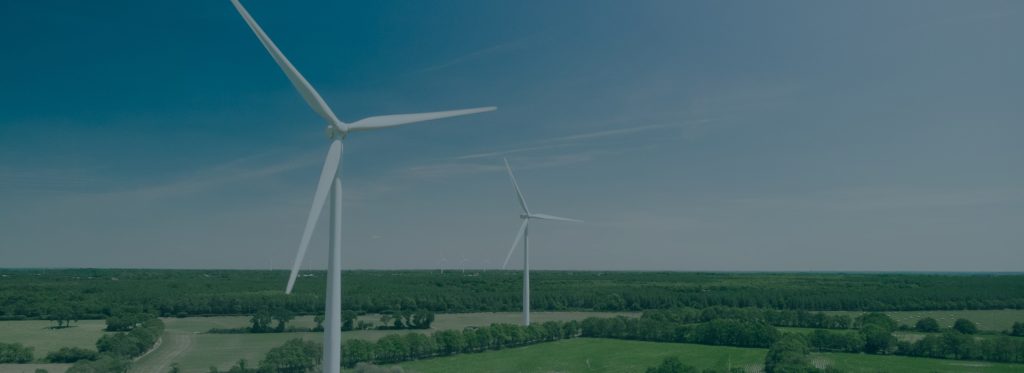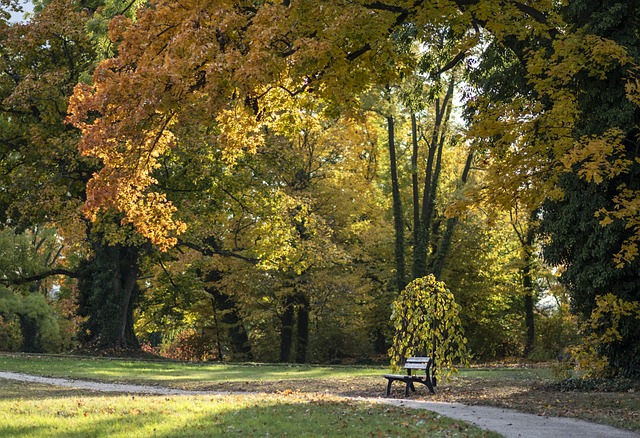ASITIS s.r.o., a Czech consulting company specializing in climate change adaptation and mitigation, launched the pilot phases of the UpGreen project in two key European cities – Copenhagen and Lisbon. The UpGreen project, a solution by ASITIS in collaboration with World from Space and Atregia, was funded by the European Space Agency (ESA) and introduced innovative solutions for urban green space planning.
About UpGreen
UpGreen is an advanced service that uses satellite data and artificial intelligence to provide cities with comprehensive analyses, forecasts, and recommendations for the development of urban green spaces. This technology enables more efficient planning and management of urban green areas, contributing to increased resilience of cities to climate change and improving the quality of life for residents.
Demonstration Cities Copenhagen and Lisbon
After the success of an international feasibility study focused on integrating advanced technologies for urban needs, the cities of Lisbon and Copenhagen became the demonstration sites for the UpGreen project. The project was set to last 18 months, during which the cities gradually received technological outputs for their own use in urban planning processes, including urbanism, city planning, green space management, and investment planning. The project was supported by a strong international partner, ACO Group, which complemented the shift towards the physical feasibility of UpGreen’s outputs.
Key Benefits of the UpGreen Project for Cities
The UpGreen demonstration in Lisbon and Copenhagen went beyond merely expanding green spaces in the city; its aim was to showcase these areas as multifaceted assets. “Urban greenery has the potential to address significant problems exacerbated by climate change,” said Martin Vokřál, the project’s lead consultant. “UpGreen enabled cities to harness this potential, allowing them to mitigate urban heat islands, enhance biodiversity, and improve residents’ quality of life. Additionally, it contributed to carbon sequestration, which is a crucial step towards achieving the city’s goal of climate neutrality.”
UpGreen offered comprehensive services for urban green space management, including detailed assessments of the current state of green areas using satellite imagery, as well as predictions of future developments through artificial intelligence. These predictions enabled efficient and cost-effective planning of maintenance and improvements for urban greenery. Furthermore, UpGreen provided a vision for strategic planning of green infrastructure development based on thorough analyses and assessments of the impact of green initiatives, helping to streamline and optimize the planning and implementation of green projects in the city.





